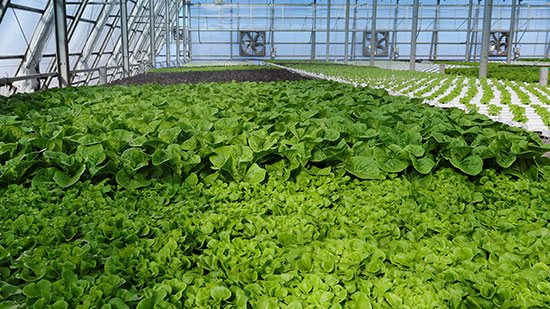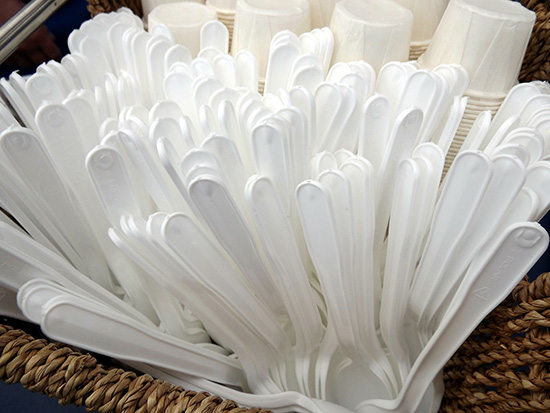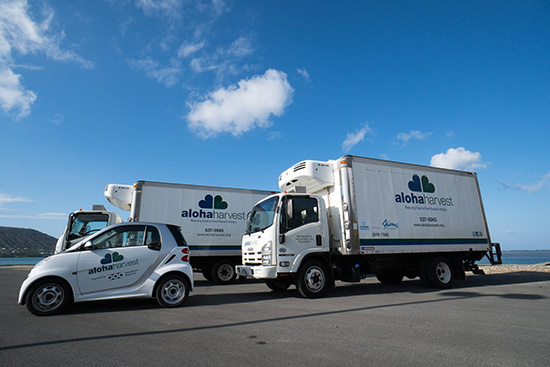
by Kristi Marie Caberto, Special to Ka ‘Ohana
Sensei Farm on the island of Lāna‘i grows produce in hydroponic greenhouses, incorporating modern technology with agricultural practices. It is turning land that was once fields of pineapples into a place of innovation.
Lāna‘i has acres of unused land, but the soil is no longer rich in nutrients. The island also doesn’t have the water reserve for large-scale farming. However, Sensei Farms is using hydroponic greenhouses to compensate for the island’s lack of natural resources.
With hydroponics, instead of having plants rooted in soil, water provides all the necessary nutrients. Technology is used to distinguish the proper nutrients needed for each species of plant. At Sensei Farms, coconut byproducts are the medium for plants to root.
According to Tanisha Batoon, a media specialist who works for Sensei Farms, the farm’s goals are “to be a self-sufficient farm for the island of Lāna‘i that focuses on wellness and nutrition.”
She said the farm is unique from traditional farms “because they fuse agriculture and technology to make the best vegetables.”
The farm grows crystal and romaine lettuce, cherry tomatoes and baby cucumbers. The
produce supplies local restaurants, grocery stores, and hotels on Lāna‘i. It has even made its way to Foodland grocery stores across the state.
Lāna’i restaurant manager Kanoa Dupree said that buying produce from Sensei Farms has allowed him to support another local business while getting fresher produce at a cheaper cost. He said Sensei produce stays fresh longer than the product that has to be shipped on a barge from O‘ahu to Lāna‘i. Additionally, Sensei Farms has given local restaurants like his a wider variety of produce to work with.
Sensei Farms is paving the way for other farms that aspire to go in the direction of hydroponics, which helps the community become more sustainable by using less land and water. Nothing beats biting into a fresh, crisp salad with ingredients grown in your neighborhood.




